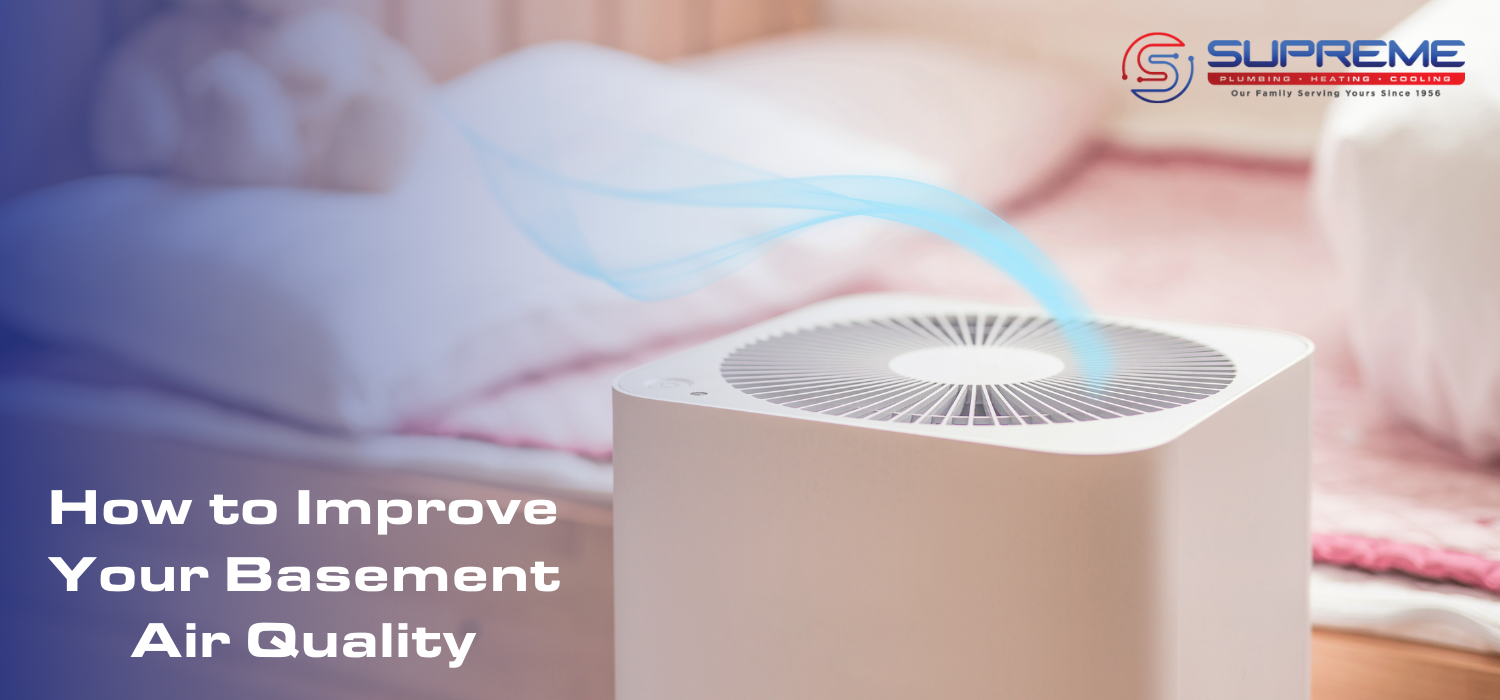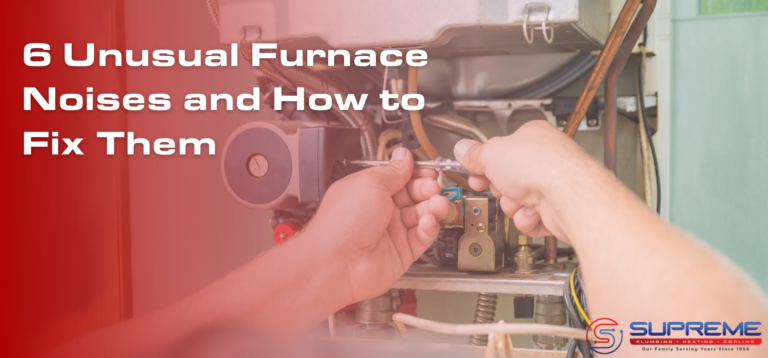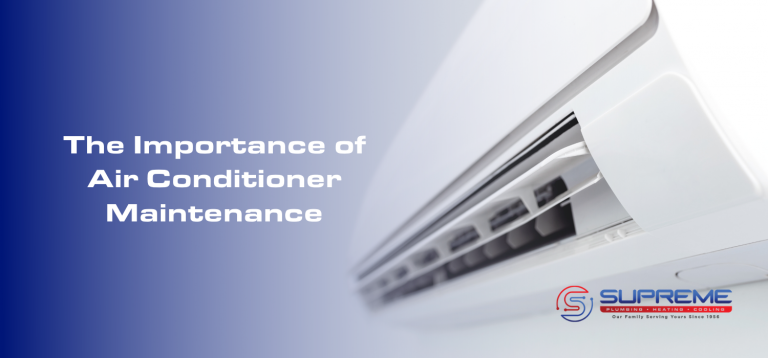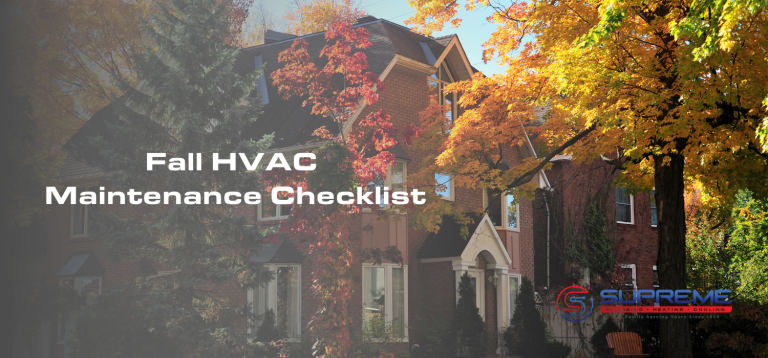In today’s world, most of us are spending the majority of our time indoors. In fact, the average person spends approximately 22 hours a day inside.
A common place to hang out often could be the basement of your home. If you’re one of these people, it’s important to know how to improve basement air quality.
Potential Basement Air Quality Issues
While you may think staying indoors can protect you from allergens and pollutants outside your home, the air you breathe in your basement can put you at risk for serious health problems, such as allergic reactions or lung cancer.
This is all due to indoor pollutants like chemicals, gasses, allergens, pests, mold and mildew. Additionally, basements are notorious for bad air circulation. This is generally the major cause of unpleasant smells in your basement. Since air isn’t circulated well, bad air gets trapped and is never recycled with fresh, outside air.
You may be wondering how to improve the poor air quality in your basement. Luckily, there are many systems and technologies in place to help you get a clean and healthy basement.
Here are just a few suggestions:
Change Your Filters Regularly
Central heating systems and air conditioners have filters that can trap the dust and pollutants from the air in your basement. However, the longer they are in place the less efficient they become.
Make sure you change your filters regularly. A good rule to follow would be to replace your filters every 90 days. It also may be a good idea to install carbon filters in your basement, or test for radon.
Invest in Air Purifying Systems
An air purifying system can be a great addition to your basement.
An air purifier can be a basement odor eliminator, as well as a way to trap allergens and other pollutants before they spread throughout the house.
Therefore, they will keep your air fresh and reduce the risk of a moldy basement.
Keep Basement Windows Closed
It may seem as if keeping your windows closed would worsen air quality in your basement. However, opening your basement windows may cause humidity levels to rise, especially in the summer where humidity levels are high.
Leaving your windows open can also bring in allergens, which will pollute your air. This is also why it’s important to seal any cracks or gaps in your basement.
Pay Attention to Humidity
Having high humidity in your home keeps the air moist which increases the likelihood of mold developing. Ideally, you want to keep your indoor air humidity between 30-50%.
Technologies such as moisture or humidity gauges can help to measure the humidity level inside your home.
Also, having a dehumidifier in damp areas of your home, like your basement, can help prevent the growth of mold in these high-risk areas.
Need Help Improving Air Quality In Your Home? Contact Us
As experts in plumbing, heating, and cooling for over 60 years, we would love to give you Supreme Confidence that you have the highest quality of air in your basement.
To learn more about our services, contact us today to see how we can help you.











